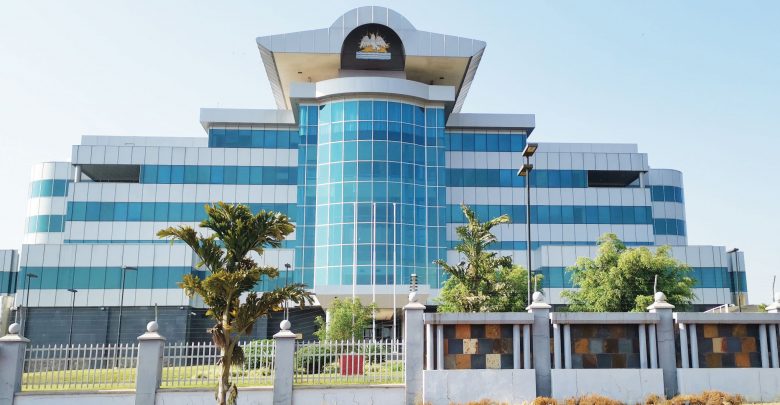Africa-Press – Malawi. Malawi’s gross foreign exchange reserves —a combination of official and private sector reserves—continues to drop as seen at $383.6 million (an equivalent of 1.8 months worth of imports) in April 2021, latest figures from the Reserve Bank of Malawi (RBM) show.
The position is down from $391.9 million (1.9 months of imports) in the preceding month, according to RBM’s April 2021 Monthly Economic Review. It reflects a further drop from the same period last year, when the official gross foreign exchange reserves were seen at $579.4 million (2.8 months of imports) in April 2020.
The continued drop in forex reserves position has also shaken the local unit, the Kwacha, as it continued to depreciate against most of its major trading partners during the month under review.
The central bank attributes the performance to a worsening merchandise trade for April 2021, which resulted in an estimated trade deficit of $204.7 million (K164.2 billion), worse than a deficit of $156.9 million (K124.3 billion) recorded in the previous month and a deficit of $113.9 million (K84.8 billion) registered in the corresponding month of 2020.
“The deterioration in the review month was attributed to a decrease in export proceeds amid an increase in imports bill. Specifically, exports declined by 44.2 percent to $42.2 million (K33.5 billion) in April 2021 from the preceding month of $75.6 million (K59.4 billion).
“During the same period, imports rose by 6.2 percent to $246.9 million (K197.7 billion) from $232.5 million (K183.6 billion) in March 2021, thereby contributing to a further widening of the trade deficit,” says RBM in the statement.
Meanwhile, economists in the country believe the Covid pandemic remains a key threat to economic growth prospects and positioning of most other macroeconomic fundamentals.
Professor of Economics at the University of Malawi Ben Kalua said, while most parts of the world faced economic negative impacts early, in this part of the world especially Malawi, the negative effects were delayed and the outlook is dim with the signs of the third wave in sight.
Another economist from the Malawi University of Business and Applied Sciences Betchani Tchereni is, however, upbeat that the economy may slowly return to normal as the agricultural marketing season is at the peak.
“The macroeconomic fundamentals are going to behave differently; exchange rate may improve, food inflation may improve but that does not mean that headline inflation will improve. Other economic indicators may improve as well but that does not mean we will have a complete clean balance sheet,” he said.
Malawi, an agrarian economy, highly depends on exporting raw agricultural products and tobacco remains the single top export crop. The advent of the Covid pandemic has worsened Malawi’s export base and has increased its import appetite, especially on medical equipment, to curb the pandemic.






